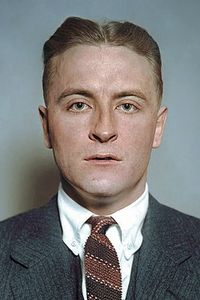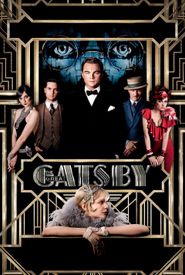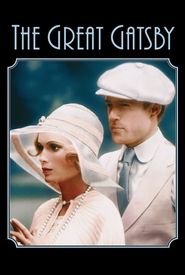F. Scott Fitzgerald, the renowned American author, is often quoted as saying, "There are no second acts in American lives," yet his own life defied this notion. Born in 1896 to a mother who indulged him excessively, Fitzgerald grew up to be a self-assured young man. Despite his obsession with Princeton University, he failed to graduate, prioritizing instead the allure of bathtub gin and the "bright young things" of his era.
It was during this time that he met Zelda Fitzgerald, an unconventional young woman from Montgomery, Alabama, and married her shortly before the publication of his debut novel, "This Side of Paradise." The novel's massive success catapulted Fitzgerald to the top of the literary world, earning him the title of the most highly-paid writer in America.
The Fitzgeralds spent the mid-to-late 1920s in Europe, rubbing shoulders with notable expatriates such as Gertrude Stein, Cole Porter, Ernest Hemingway, and Thornton Wilder. It was during this period that he penned his magnum opus, "The Great Gatsby," while living in Paris. However, his marriage to Zelda began to unravel, and she was diagnosed with schizophrenia, spending the remainder of her life in various mental institutions.
Fitzgerald's own struggles with alcoholism intensified, and he dedicated much of his income to keeping his wife in mental hospitals. Emotionally and creatively drained, he wrote "Tender is The Night" (1934),a novel that reflects the pain he felt. In the mid-1930s, Fitzgerald experienced a breakdown of his own, becoming a clinical alcoholic, which he later detailed in his famous "The Crack-Up" essays.
With Zelda institutionalized on the East Coast, Hollywood proved to be Fitzgerald's salvation. Although he had limited success in writing for films, he was well-compensated and gained a new professional standing. His experiences in Hollywood inspired his last and unfinished novel, "The Last Tycoon," which some believe might have been his greatest work.
Fitzgerald died in 1940 at the home of his mistress, writer Sheilah Graham, due to a heart attack, believing himself to be a failed and broken man. Little did he know that he would eventually be regarded as one of the finest writers of the 20th century.































